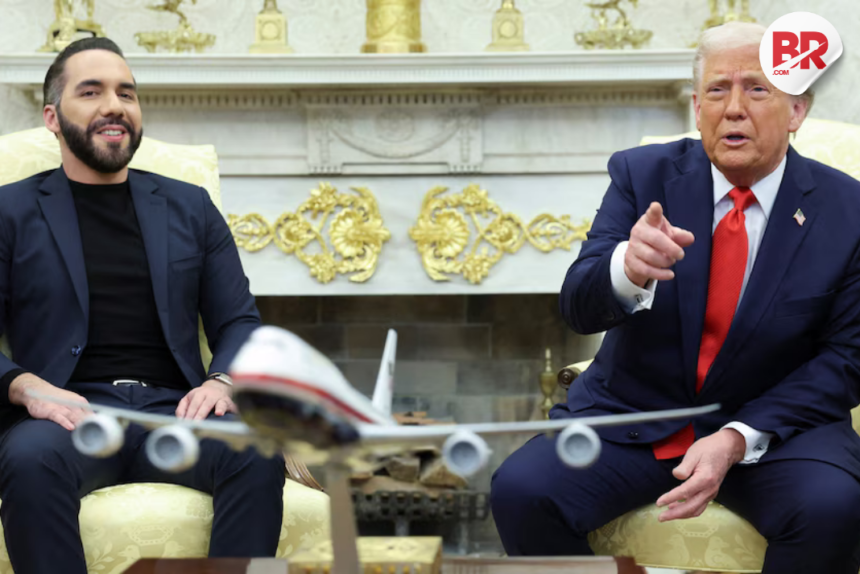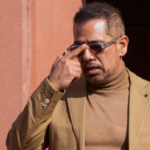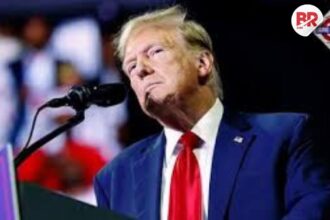
A Deportation Dispute Sparks Global Controversy
The deportation dispute between the U.S. and El Salvador has turned into an international legal and political standoff. At the center of the drama is Kilmar Abrego Garcia, a Maryland resident mistakenly deported to El Salvador on March 15.
Despite a U.S. Supreme Court ruling that ordered his return, Abrego Garcia remains in El Salvador. The Trump administration calls it an “administrative error” and has not taken steps to bring him back.

El Salvador’s President Nayib Bukele is now refusing to cooperate. His message? “How can I smuggle a terrorist into the U.S.?”
The Legal Tangle
Abrego Garcia had legal work status in the U.S. and reportedly fled gang violence in El Salvador. His lawyers say sending him back violates his protected status and puts his life at risk.
The U.S. Supreme Court ordered officials to “facilitate and effectuate” his return. However, some ambiguity in the court’s language has led to delays.
While Attorney General Pam Bondi and Secretary Marco Rubio argue the U.S. is not obligated to act, legal experts disagree. Professor Ilya Somin told the press that if the U.S. wanted to, they could secure his release.
An upcoming court hearing this Tuesday may question whether the Trump administration is actively defying the court’s decision by leaning on Bukele to hold firm.
Bukele’s Hardline Position
President Bukele insists he has no authority to release Abrego Garcia. He even echoed U.S. claims—without proof—that Garcia is a member of MS-13, a notorious gang. Critics say this is a convenient excuse to support the Trump administration’s tough immigration agenda.
Bukele also compared returning Abrego Garcia to smuggling a terrorist—despite no criminal charges ever filed against him in the U.S.
The Bigger Picture: Prison Deals and Politics
This deportation dispute comes amid deepening U.S.-El Salvador ties around migration control. Recently, the U.S. approved $6 million in funding for El Salvador’s Terrorism Confinement Center, a controversial mega-prison built to house deported gang suspects.
Human rights groups have raised alarms over this facility, accusing Bukele’s government of detaining people without due process. Still, the Trump administration plans to deport even more people to El Salvador.
In fact, just last week, 10 more alleged gang members were sent back under this new partnership.
Also Read: Judge Blocks Trump Migrant Parole Revocation: What It Means for 450,000 Lives
Political Reactions and Fallout
When asked by reporters about the court order, former President Trump lashed out, calling journalists “sick people.”
Senator Rubio defended the administration’s actions, saying, “Foreign policy is conducted by the president, not courts.”
The case has now become a flashpoint in the immigration debate—and a test of checks and balances between the courts and the executive branch.
What Comes Next?
As the legal battle plays out, Kilmar Abrego Garcia remains in detention in El Salvador. His fate—and the outcome of this deportation dispute—may hinge on the Tuesday court hearing.
Observers are watching closely. If the U.S. continues to delay, it may set a dangerous precedent for court enforcement and international law.
Also Read: “No Grants Without Obedience”: Trump Blocks $2.2B to Harvard University in Campus Crackdown












